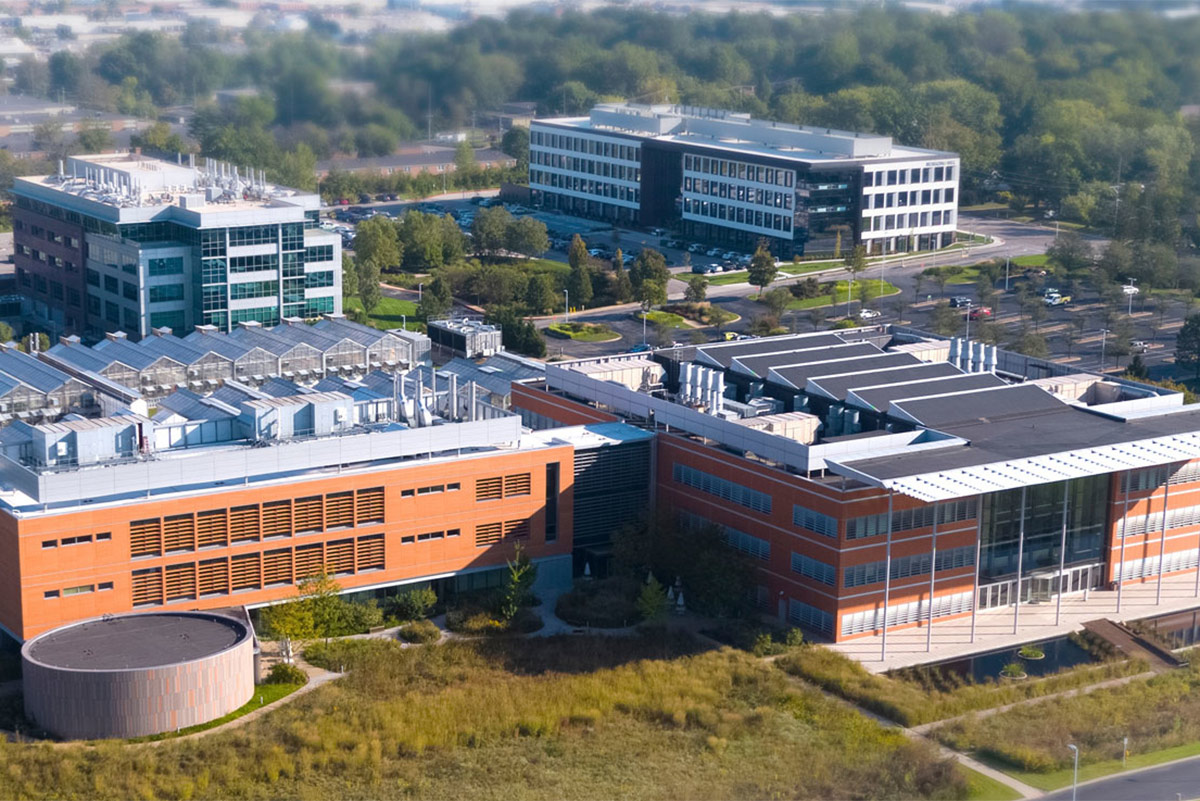News Release
Filter by Topic
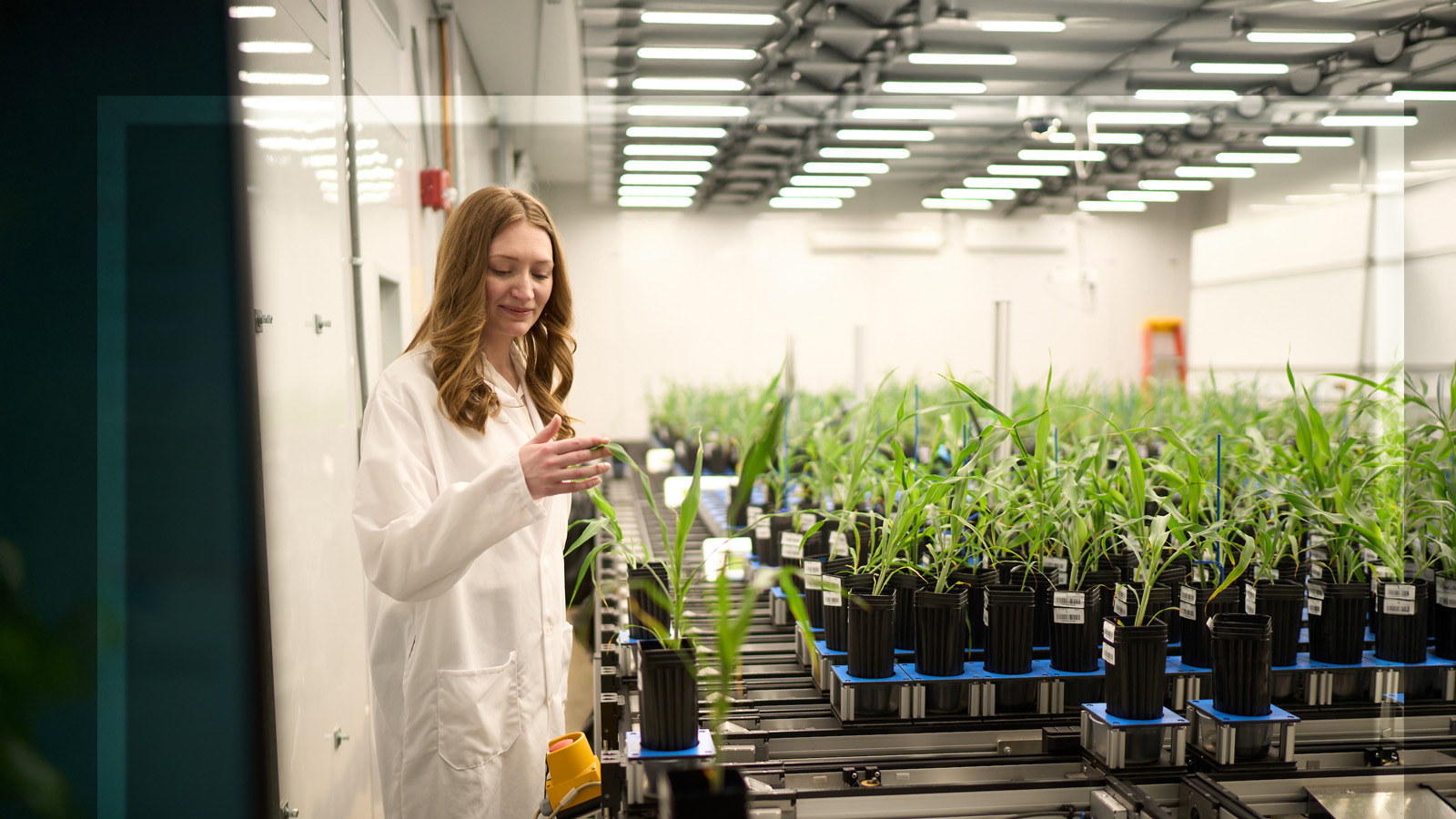
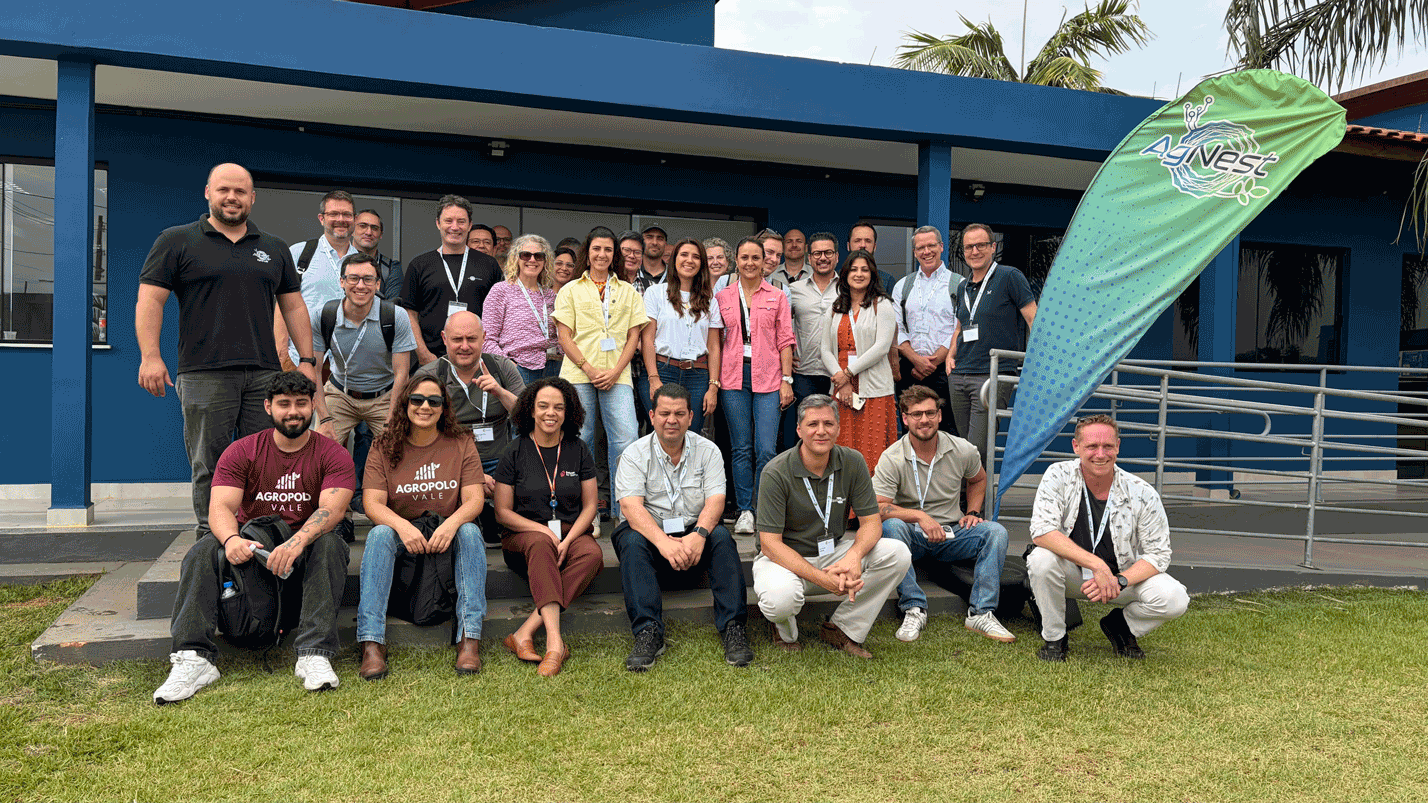
News Release
01.29.2026
Trilateral Initiative Aims to Accelerate Science and Innovation for Global Food Resilience
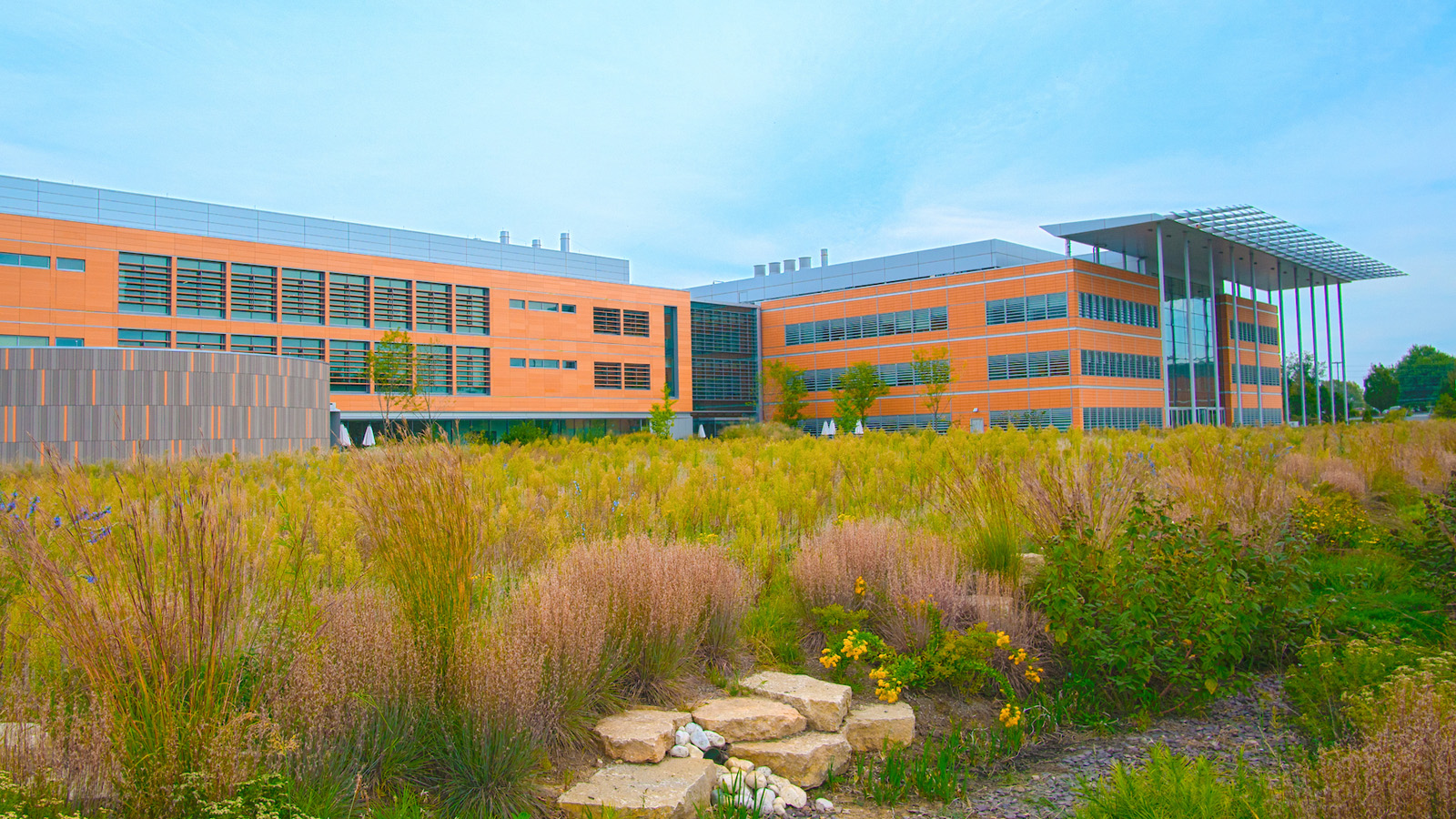
News Release
01.20.2026
Danforth Plant Science Center Elects World Food Prize Laureate to the Board of Directors
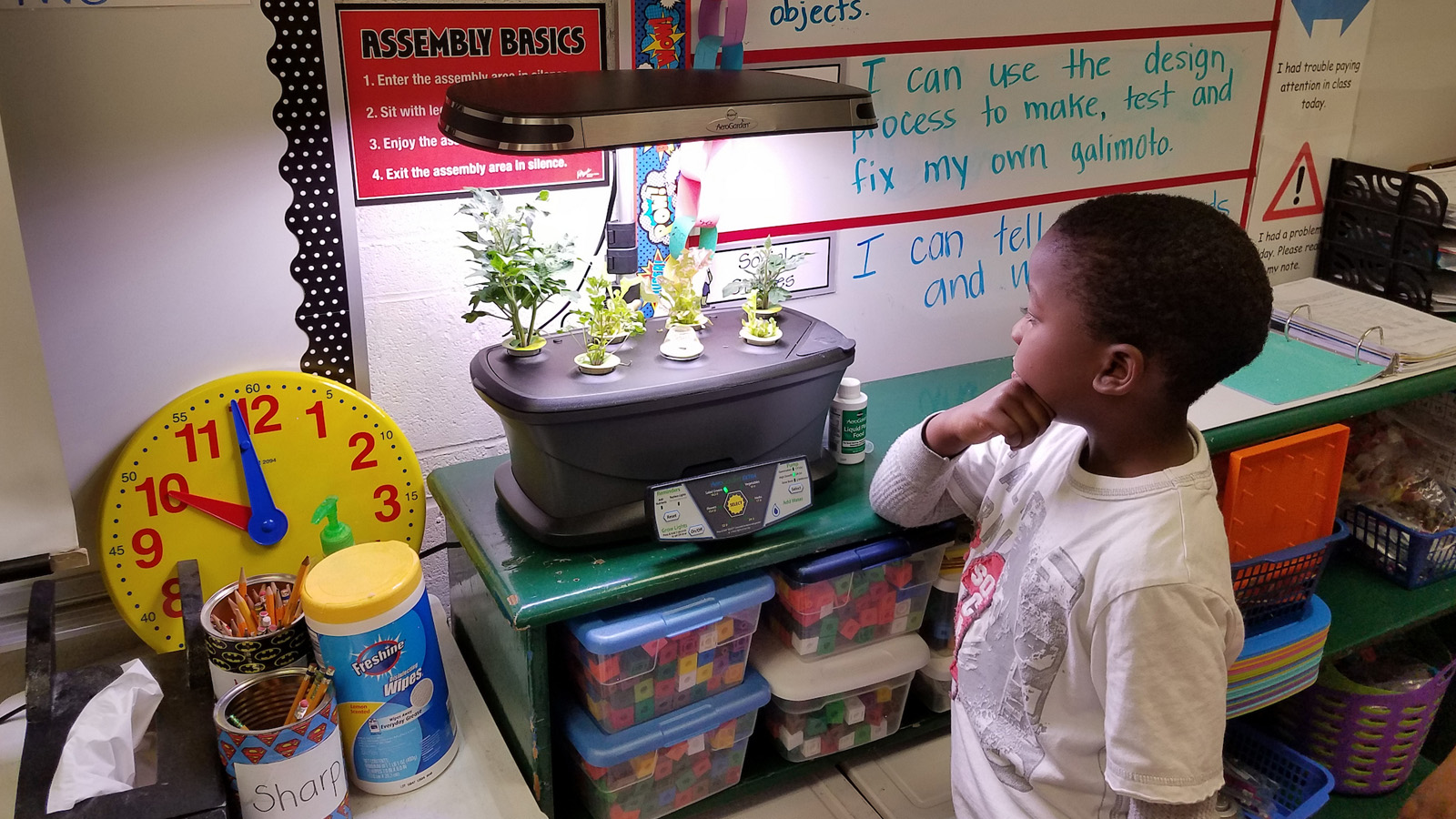
News Release
01.14.2026
Danforth Center Refocuses Education and Outreach to Deepen High-quality STEM Learning in Historically Under-resourced Communities
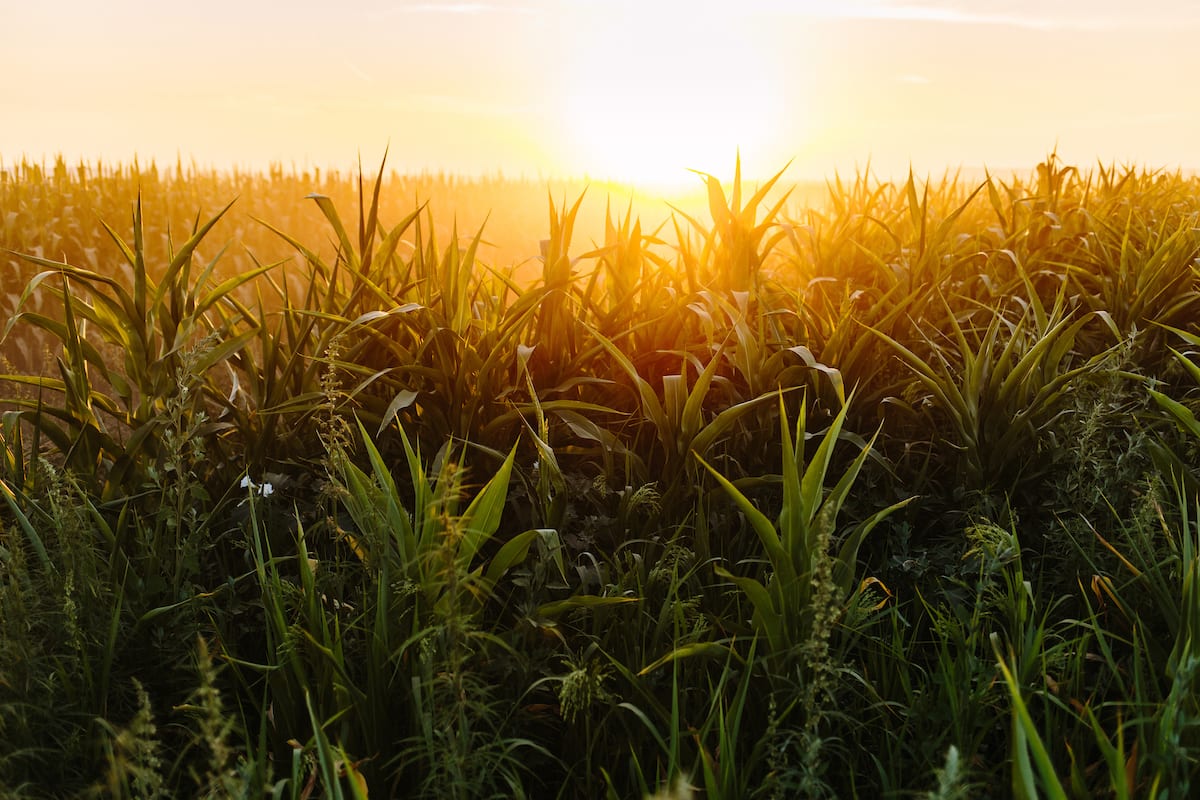
News Release
01.14.2026
Cquesta Expands Innovation Platform with Danforth Center Technology to Accelerate Development of Climate-Resilient Corn
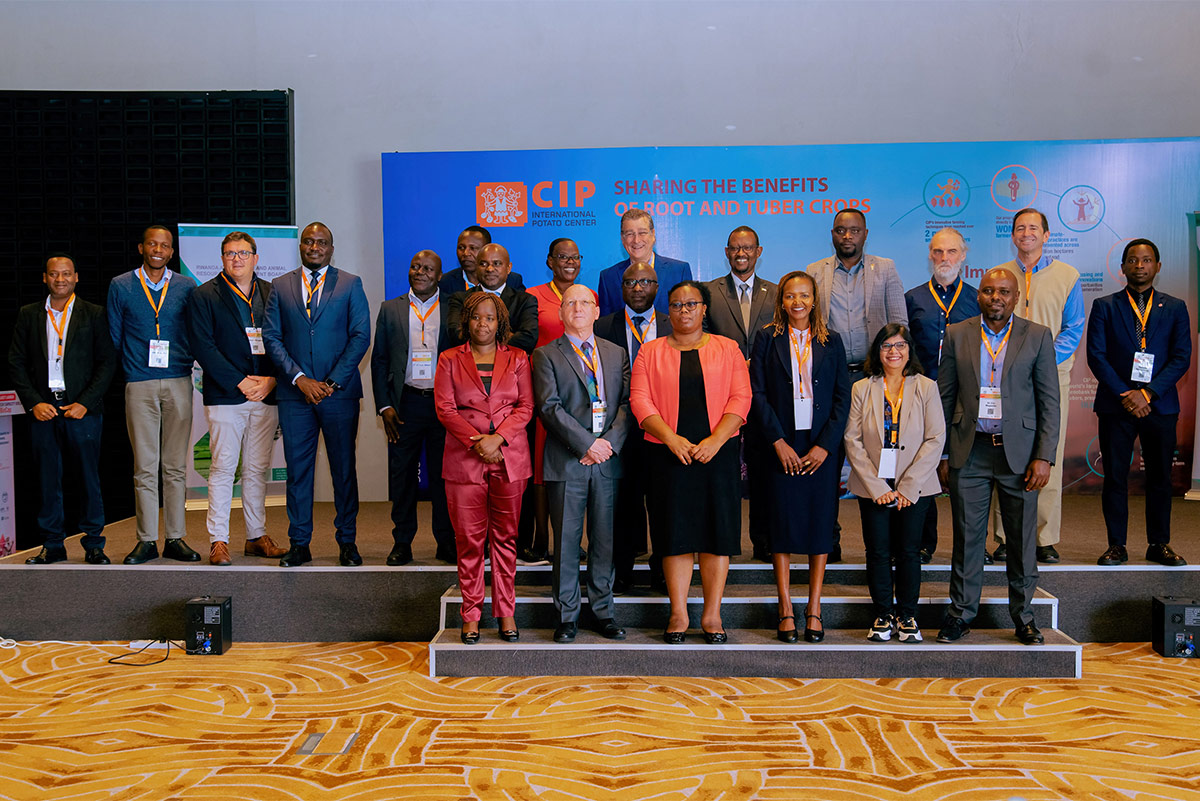
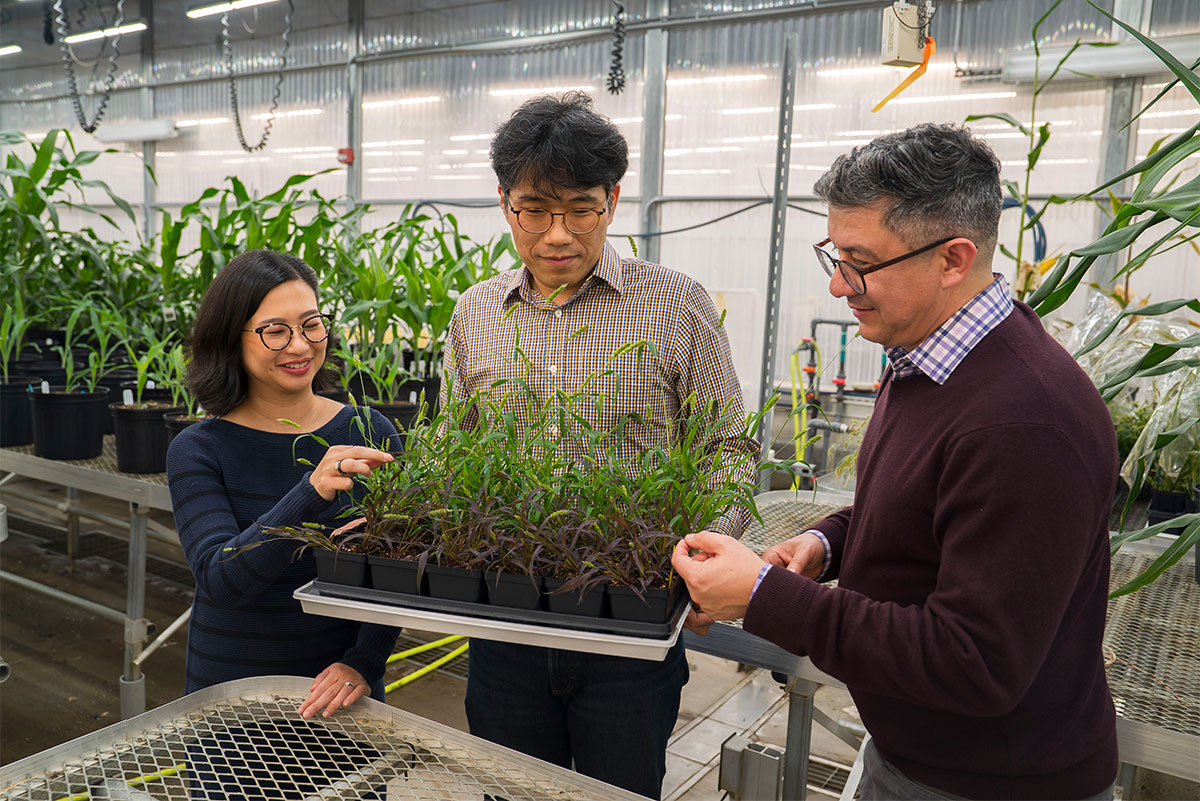
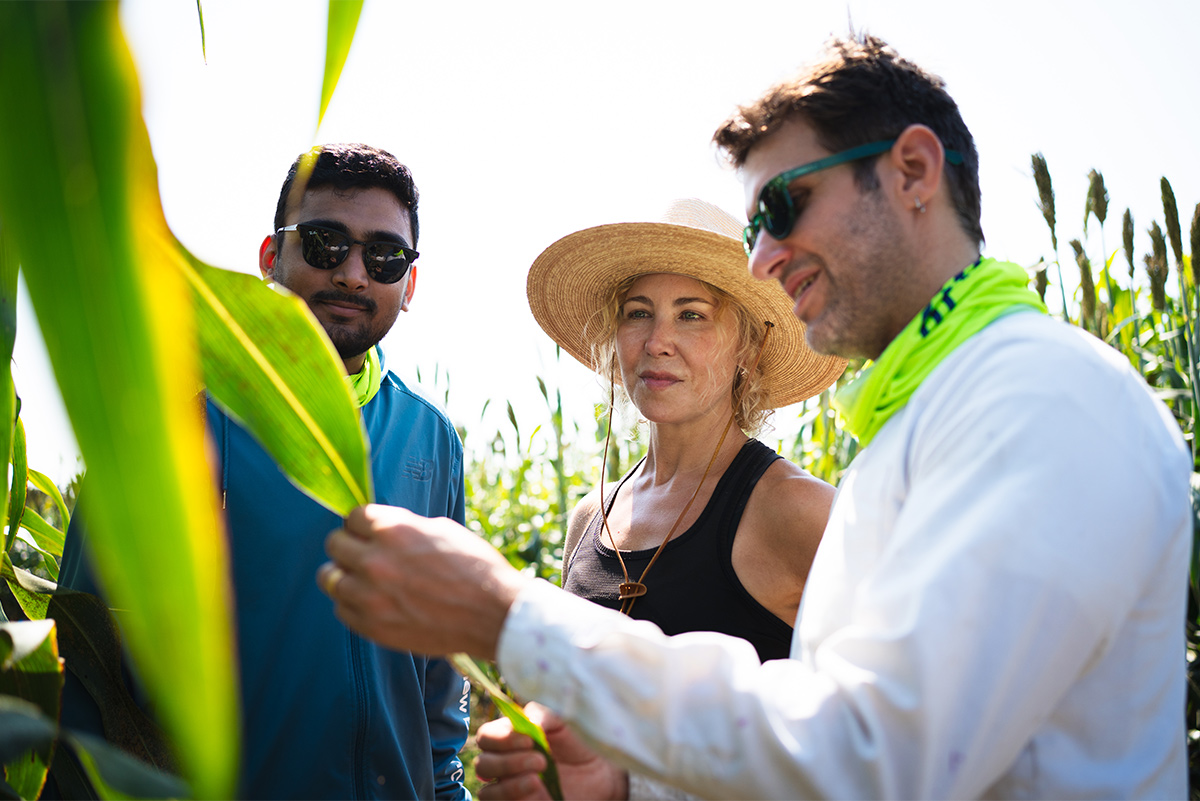
News Release
12.10.2025
Danforth Plant Science Center to Lead Multi-Disciplinary Research to Enhance Stress Resilience in Bioenergy Sorghum
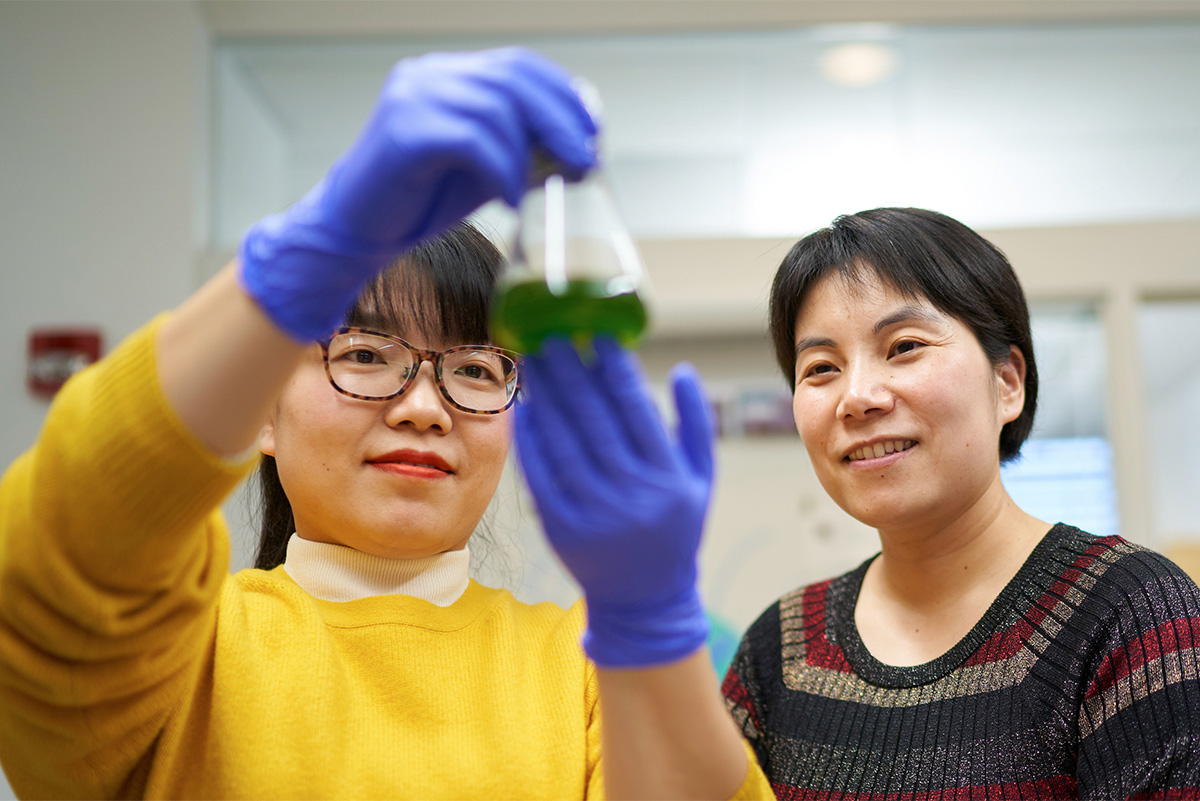
News Release
11.10.2025
Collaborative Research Team to Uncover How Plants “Remember” and Adapt to Heat Stress
